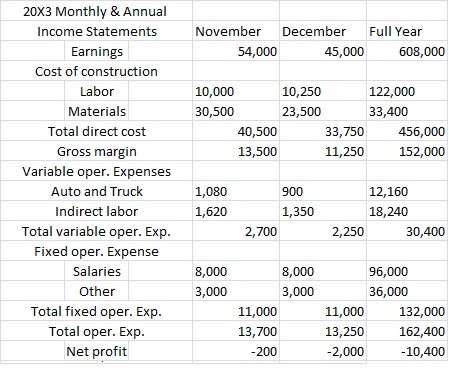When it comes to planning for retirement, it's essential to explore different retirement savings options that align with your financial goals. Two popular choices are cash balance plans and traditional 401(k) plans. While both options offer retirement benefits, they have distinct features and considerations. In this article, we will compare cash balance plan and traditional 401(k) plans to help you determine which option works best for you.
Cash Balance Plans:
1. Structure and Benefits:
Cash balance plans are hybrid retirement plans that combine features of defined benefit and defined contribution plans. They provide participants with a predetermined retirement benefit based on a formula, typically tied to a percentage of their salary and years of service. The contributions made by the employer grow over time, and participants receive the accumulated balance at retirement.
2. Contribution Limits:
Cash balance plans allow for higher annual contributions compared to traditional 401(k) plans. This makes them particularly attractive for high-income earners or business owners who want to maximize their retirement savings. The contribution limits are set based on the annual benefits accrued for each participant, rather than a fixed dollar amount.
3. Retirement Security:
Cash balance plans offer participants a guaranteed retirement benefit, providing a sense of security and stability. The benefit is not subject to market fluctuations and is typically based on a predetermined formula, offering a predictable income stream in retirement.
4. Age and Tenure Considerations:
Cash balance plans can be advantageous for older employees with shorter time frames until retirement. These plans allow for accelerated retirement savings compared to traditional 401(k) plans. However, younger employees with longer tenures may find that traditional 401(k) plans offer more flexibility and growth potential over time.
Traditional 401(k) Plans:
1. Structure and Benefits:
Traditional 401(k) plans are defined contribution plans that allow employees to contribute a portion of their salary on a pre-tax basis. Employers may offer matching contributions up to a certain percentage. The account's growth is dependent on investment returns and market performance.
2. Contribution Limits:
Traditional 401(k) plans have specific annual contribution limits set by the IRS. For 2023, the limit is $19,500 for individuals under 50 years old, with a catch-up contribution of $6,500 for those aged 50 and above. Employers may also make matching contributions up to a certain percentage of the employee's salary.
3. Investment Options:
One advantage of traditional 401(k) plans is the wide range of investment options available. Participants have the flexibility to choose from various investment vehicles, such as stocks, bonds, mutual funds, and target-date funds, based on their risk tolerance and retirement goals. This allows for potential growth and diversification of retirement savings.
4. Flexibility and Portability:
Traditional 401(k) plans offer portability, allowing employees to roll over their accounts into an individual retirement account (IRA) or another qualified retirement plan when changing jobs or retiring. This flexibility provides individuals with more control over their retirement savings and the ability to consolidate accounts for better management.
5. Employer Matching Contributions:
Many employers offer matching contributions in traditional 401(k) plans. This means that for every dollar an employee contributes, the employer matches a percentage, up to a certain limit. Employer matches provide an additional boost to retirement savings and can significantly enhance the growth of the account over time.


No comments yet